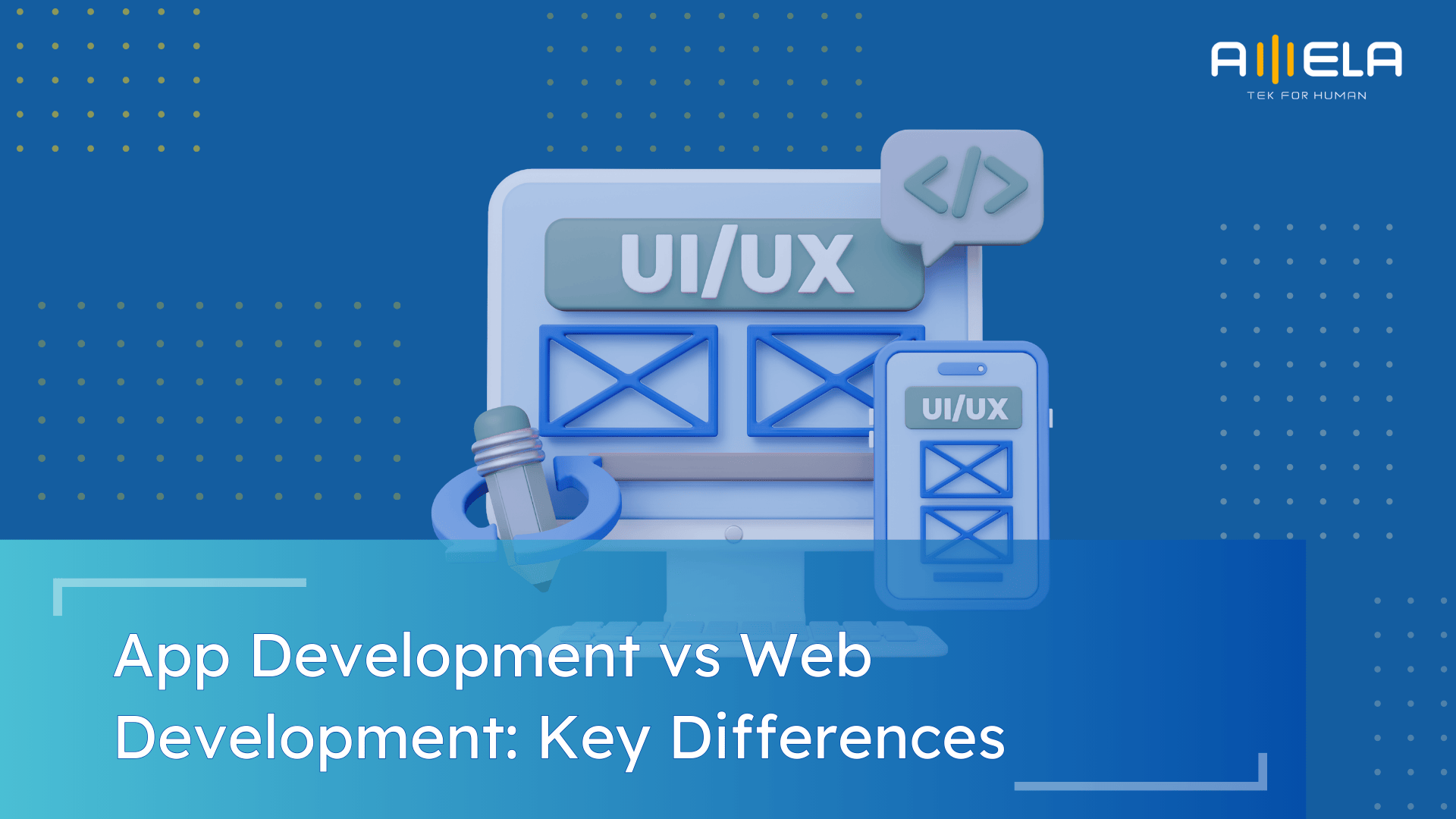The global EdTech sector is expanding at a pace education has rarely seen before. Recent market analyses from HolonIQ estimate global EdTech spending will reach approximately $404 billion by 2025, fueled by the rapid adoption of digital learning platforms, AI-enabled instruction, and scalable training models across K-12, higher education, and enterprise learning environments. At the […]
Java for mobile app development has been around long enough to prove one thing — reliability never goes out of style. While new languages and frameworks come and go, Java continues to power millions of Android and enterprise apps worldwide. Its strong performance, vast library ecosystem, and compatibility with emerging frameworks make it a trusted […]
Behind every seamless digital experience — from your mobile banking app to an AI chatbot — there’s an API quietly doing the heavy lifting. APIs (Application Programming Interfaces) are the connective layer that allows software systems, applications, and devices to communicate effortlessly. In this article, we’ll explore what APIs are, their key advantages, and real-world […]
Node.js has evolved from a niche JavaScript runtime into one of the most widely adopted back-end technologies worldwide. W3Techs data shows that Node.js powers nearly 5.2% of all websites on the internet — including industry giants like Netflix, PayPal, and Uber — due to its speed, scalability, and versatility. Unlike traditional back-end frameworks, Node.js executes […]
Instead of relying on cookie-cutter apps built for “everyone,” custom software is designed around your specific workflows, customers, and goals. From ERPs and CRMs to industry-specific platforms, bespoke software is what powers companies like Amazon, Netflix, and even hospitals and banks behind the scenes. At AMELA, we’ve seen first-hand how the right custom solution can […]
In the ever-evolving landscape of AI, one standout assistant has emerged to streamline your work and enhance productivity – Poe AI. Over the past year, the surge in the popularity of AI chatbots has been undeniable, but Poe AI distinguishes itself as a comprehensive solution that goes beyond expectations. In this blog, we will delve […]
Choosing between app development vs web development is one of the biggest decisions a developer can make early in their career — and it’s not always obvious which path leads to better opportunities, higher pay, or long-term growth. Both fields are evolving fast, both offer strong job markets, and both require different mindsets and technical […]
Tired of drowning in spreadsheets? Power BI dashboards turn raw data into visual stories that guide smarter decisions. With interactive charts, real-time updates, and customizable metrics, Power BI helps leaders move from data overload to data confidence. This guide explores 10 outstanding Power BI dashboard examples—each designed for a specific business function. You’ll see what […]
Custom software development is no longer a niche — it’s often a necessity. As businesses evolve faster and customer expectations rise, off-the-shelf tools frequently fall short. This custom software development guide aims to be your go-to resource for understanding, planning, and executing custom software projects — complete with real examples, trade-offs, and best practices. Custom […]










